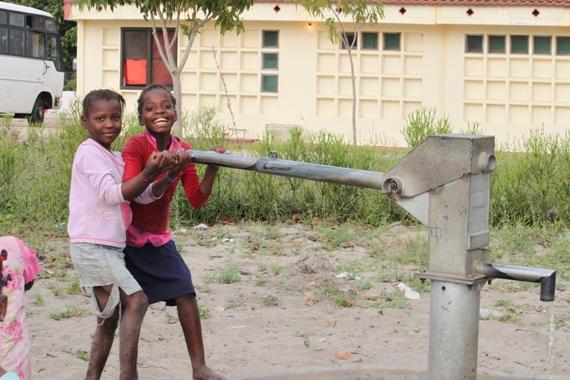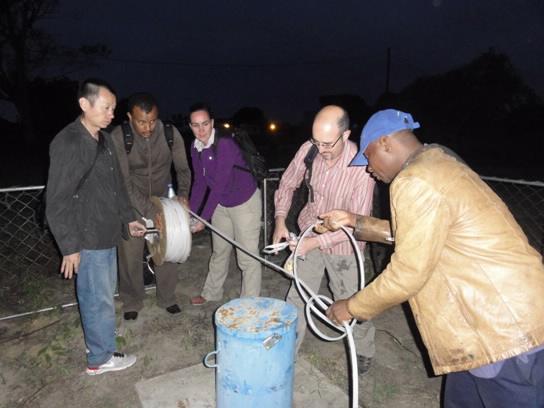

Published on the 14th January 2014 by ANSTO Staff
Mozambique is located on the east coast of southern Africa and is considered one of the emerging economies of the region. It's also a country that's trying to repair the damage done by years of civil war, including one of the most basic of necessities - access to clean drinking water.
Dr Dioni Cendón is a senior environmental research scientist at ANSTO. He recently returned from a field trip to Mozambique where he was training researchers in the region and also helping them to investigate the source of groundwater salinity in Maputo – the country’s capital.
Groundwater in the Indian Ocean port city plays a vital role in the daily lives of its estimated 2 million inhabitants, but there are growing fears salinity might be threatening available supplies.
According to the Central Intelligence Agencies World Factbook, the agriculture industry makes up to 29 per cent of the country’s economy with up to 80 per cent of the population still working in this sector.
“Preliminary results suggest seawater is not the culprit,” Dr Cendón said.

“Groundwater in many African countries is the only way they can access water, partly as a result of variations in climate and also because they don’t have the infrastructure to access surface water.
“In some cases, it's the only water they have access to, apart from surface water found in rivers, which is more susceptible to contamination,” said Dr Cendón.
Nuclear and isotope methods are useful in regions like Africa where more traditional hydrologic tools give ambiguous results or are too costly to be applied.
|
